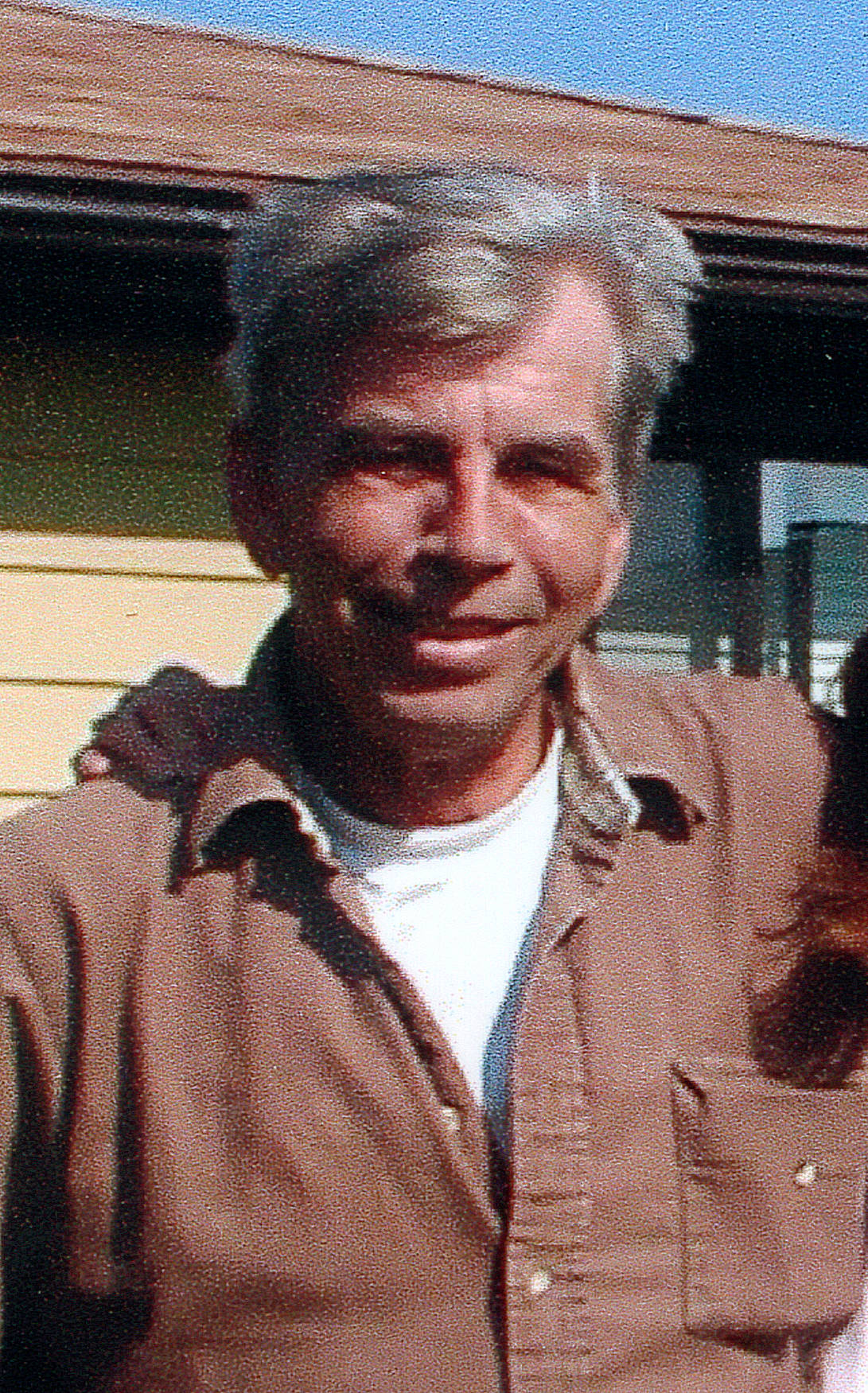A Kenai Superior Court Judge last week denied a motion by the defense in a murder case to have evidence excluded from the upcoming trial.
Lee Henry, 58, was set to go on trial last week after being accused of murdering fellow Homer resident Mark Matthews in 2013. The case went unsolved for three years before Henry was arrested in 2016 and it has taken another three years to get to this point.
Defense attorney Joy Hobart had moved to have a new analysis of a previously conducted DNA test excluded from the trial. Kenai District Attorney Scot Leaders introduced the new analysis last week during an evidentiary hearing that was held ahead of the trial to sort out an argument over a different DNA test result argument.
Kenai Superior Court Judge Lance Joanis had previously ruled that DNA test results done early in the case investigation for the Homer Police Department would be allowed in at trial. Last Thursday morning, Joanis denied the defense’s motion to keep the new test result analysis using a technique called probabalistic genotyping out of the trial. In order to give the defense time to prepare and have their own experts examine the analysis, the trial has been delayed until April.
Joanis set another court date of today, Nov. 21, at the Kenai Courthouse to check in with both sides and see that the state is turning discovery and information having to do with the new analysis over to the defense in a timely matter.
In his ruling, Joanis noted that no Alaska courts have dealt with a case involving this particular kind of DNA test result analysis before. He also noted that this issue came up after the defense filed its first motion to keep out the original DNA test results, which prompted both sides to have to prep their expert witnesses for an evidentiary hearing. In speaking to an expert witness ahead of the evidentiary hearing, Leaders said it was just recently that the expert made him aware of the new way to analyze test results.
“I expedited an issue that should not have been expedited,” Joanis said in Homer court last Thursday. “I already made a finding of no bad faith. … Just like late discovery happens with some frequency, late filed motions happen with some frequency.”
Joanis also noted that two witnesses — one for the state and one for the defense — have died before the case made it to trial. Hobart had previously told the court that one of the defense’s witnesses is in fragile health. As a precaution, Joanis said the right to have depositions for certain witnesses in unstable conditions will be “granted liberally,” giving the lawyers the option to use those depositions in the trial.
Matthews, then 61, was found dead in 2013 on the trail that connects to Poopdeck Street. Homer police found Matthews with his pockets turned out. Investigators found DNA from multiple people in one of the pockets. An autopsy determined that Matthews died of blunt force trauma to the head. Henry was charged in 2016 with one count of first-degree murder, three counts of second-degree murder, one count of manslaughter and one count of first-degree murder.


